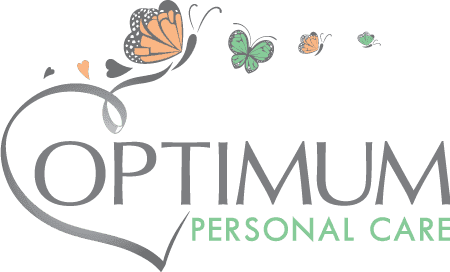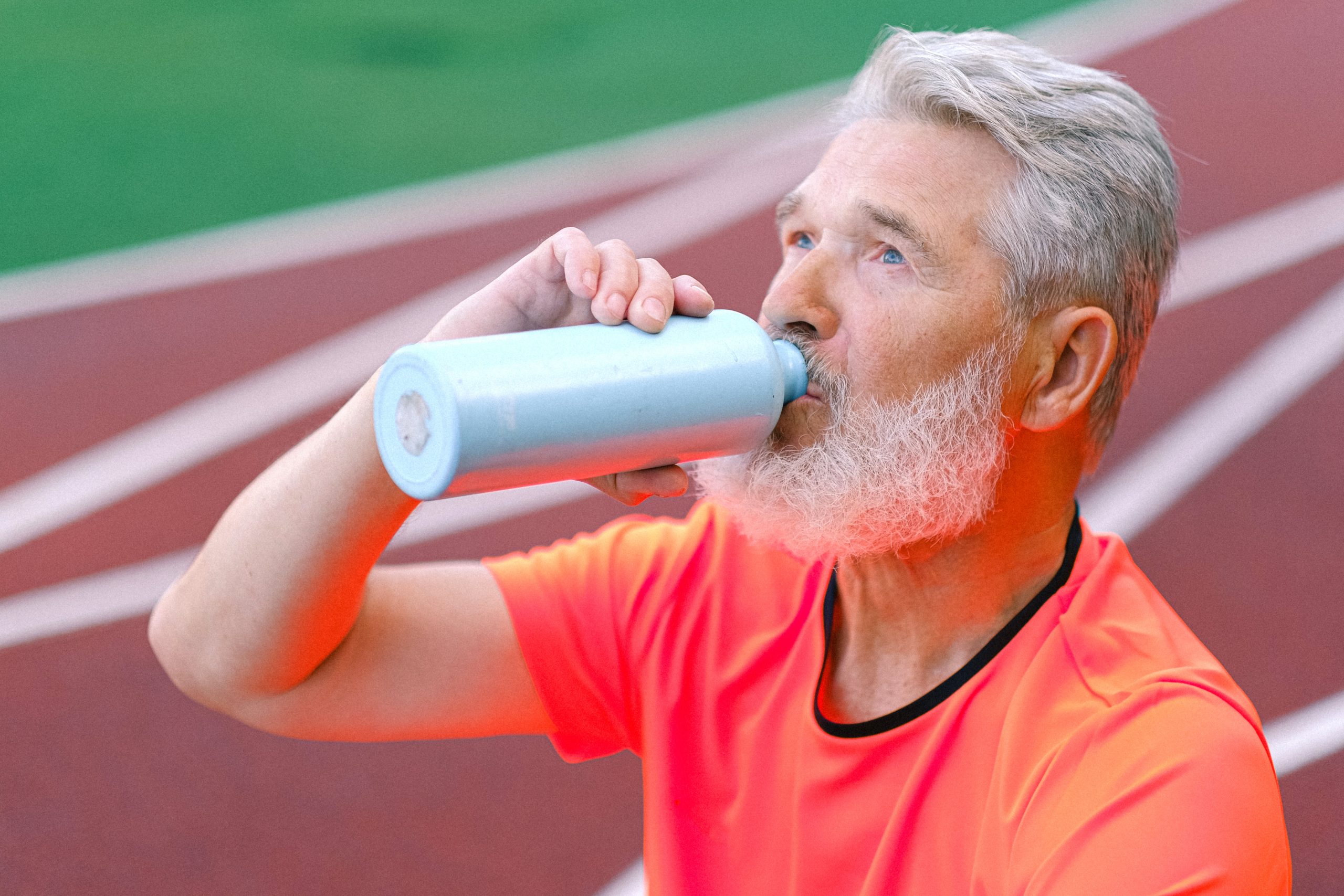In many elderly adults, specific neurological receptors will lose sensitivity, and thereby a person might lose her or his capability of perceiving thirst. Even if fluid levels have dropped extremely low, the individual simply might not feel thirsty, whatsoever. That is the reason why it is so important to keep up a routine hydration schedule and not rely upon thirst as a sign of a need to drink.
Medicine side effects
Some commonly prescribed medications for conditions experienced by elderly adults may increase dehydration risk. Other conditions and medications may cause difficulty swallowing. The kidneys, at the same time, are losing their capability of concentrating urine; therefore, patients might be urinating the same quantity whether or not they’re drinking a sufficient amount of water.
Ambulation and incontinence
One other factor that may contribute to dehydration among seniors is associated incontinence. If folks are anxious about incontinence, they might intentionally consume less water to decrease the number of times needed to go to the bathroom. This issue may be even more pronounced if the elderly adult lives in a facility in which she or he must depend on other people to go to the bathroom.
Harmful consequences
When older adults don’t get a sufficient amount of water, the results may be catastrophic to their health. In an extremely brief time period, they may suffer severe changes in mental state, and become incoherent or lethargic. If the issue isn’t quickly corrected, they may suffer seizures, acute kidney failure, and cardiovascular collapse. Therefore, how may caregivers ensure that elderly adults are getting a sufficient amount of fluid?
Schedules and goals
Working with a physician who knows your family member’s medical history, determine a personalized daily fluid consumption goal. That process might involve measuring the daily output of urine and consumption of fluids and measuring critical chemical levels inside the body. Once you’ve figured out how much water a patient ought to be drinking each day, establish a routine for consuming liquids. It might be useful to consume water after or before routinely scheduled tasks such as walks or administering medicine so that consuming water becomes a habit.
Personal preferences
Be certain that you provide beverages at various temperatures and in various flavors. Vegetables, fruits, soups, and popsicles containing a lot of water also are great options for boosting the intake of daily fluids. Plus, it also may be helpful to use straws or cups which make consuming beverages more convenient. You can read our article for What Are the Risk Factors of Dementia?
Getting to the bathroom
If incontinence has caused difficulties or mobility issues exist, be certain that you schedule consistent visits to the bathroom to keep the elderly adult comfortable. If she or he has the ability to independently get to the bathroom, clear the way of any obstacles. It also may be smart to restrict carbonated or caffeinated beverages, which may cause extra trips or an uncomfortable sense of urgency. Speak with a personal care senior living about protective garments, medications, or pelvic floor exercises that might make things easier.


